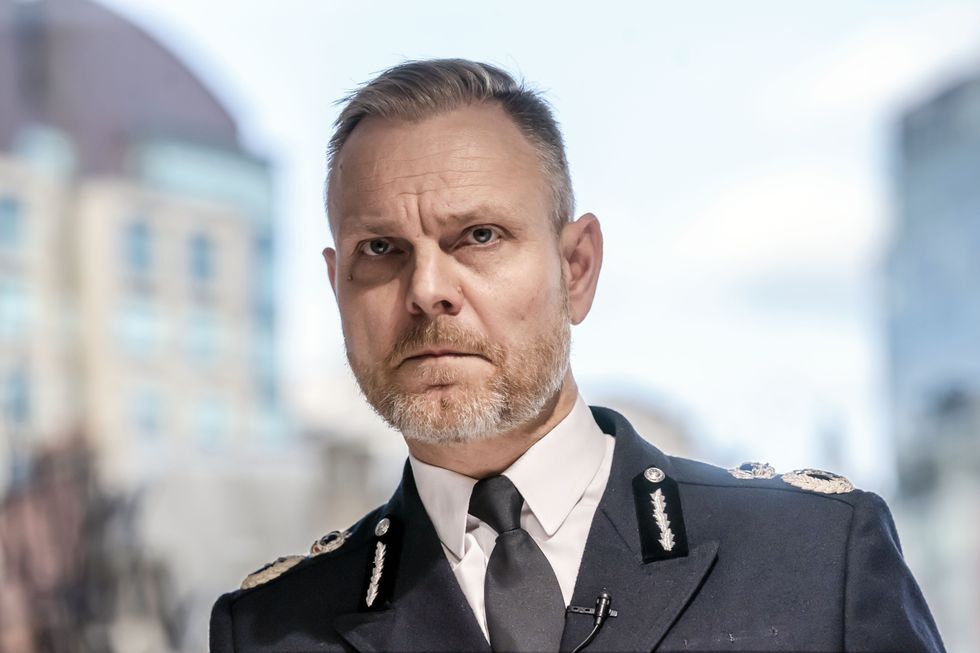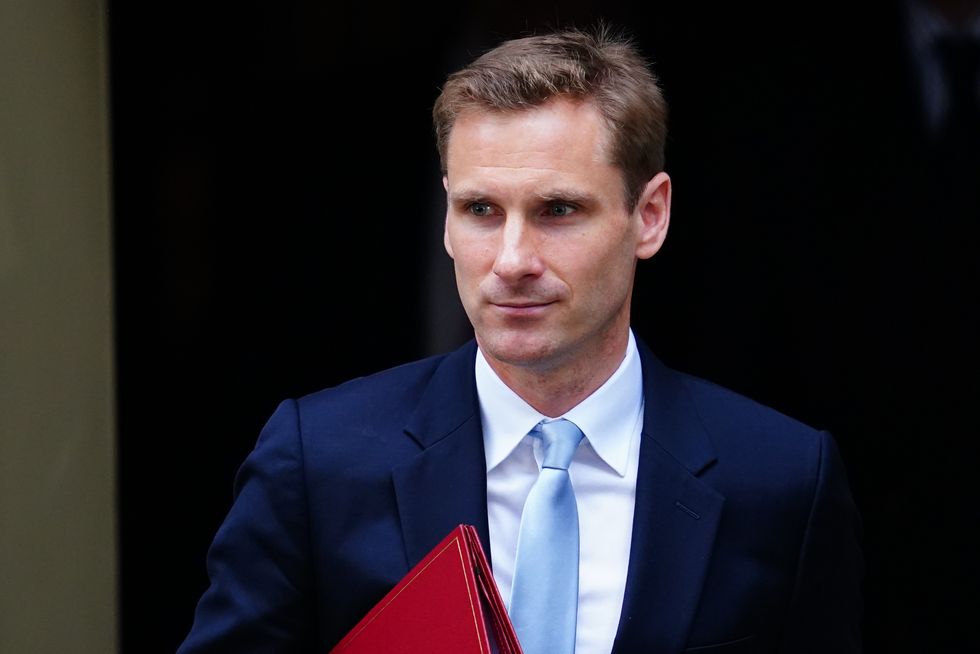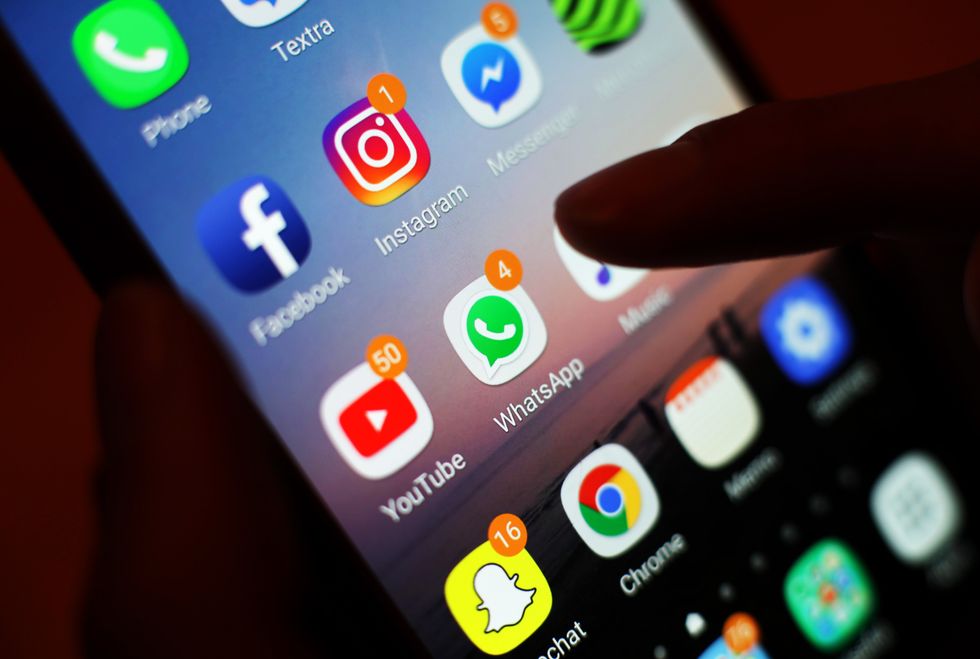Britain’s counterterrorism chief has compared the harm caused by social media to the “cancer” of smoking – and has called for a ban on its use by children under 16.
Matt Jukes, who leads the UK’s counterterrorism policing, urged ministers to explore implementing restrictions similar to Australia’s ban on social media use by under-16s introduced last year.
As assistant commissioner at Scotland Yard, Jukes made his comments while giving evidence to The Times Crime and Justice Commission, a year-long drive to push for new policy on policing and the criminal justice system.
He said his team had discussed the policy with Australian colleagues, though noted the effects of their ban were not yet understood.

Matt Jukes has called for an Australia-style social media crackdown
PA
“I think it warrants serious attention,” Jukes said of Australia’s approach.
The call for social media restrictions has received cross-party backing, with Home Secretary Yvette Cooper stating that “nothing can be off the table” regarding a potential under-16 ban.
Shadow Home Secretary Chris Philp also backed restrictions, though suggested the age limit could be lower than 16.
“I’m sympathetic to banning under-16s being exposed to highly addictive social media platforms on smartphones,” Philp said.
MORE LIKE THIS:

Shadow Home Secretary Chris Philp has also backed social media restrictions
PA
Jukes expressed serious concerns about online radicalisation, particularly among young people, which he said had accelerated during the pandemic – under-18s now account for a fifth of all terrorism-related arrests.
The surge in young people appearing in MI5 and counterterrorism policing casework has primarily been driven by online radicalisation, he warned.
And drawing a parallel with tobacco, Jukes said: “By 1950, it was clear that smoking was causing lung cancer and killing people.”
“This cancer, the content which is driving violence, is in our communities and in the lives of young people now,” he added.
Jukes has called for strengthening the Online Safety Act, particularly by extending requirements to private messages on social media platforms.

The surge in young people appearing in MI5 and counterterrorism policing casework has primarily been driven by online radicalisation, Jukes has warned
PA
While the Act will soon require platforms to remove illegal content, these rules won’t apply to private communications.
Counterterrorism policing currently has 800 live investigations underway across Britain.
Since 2017, security services have successfully prevented 43 late-stage terror attacks.
The scale of online threats is also reflected in the 19,000 calls made to the UK counterterrorism hotline last year, with 12,000 of these referred to the counterterrorism internet referral unit.